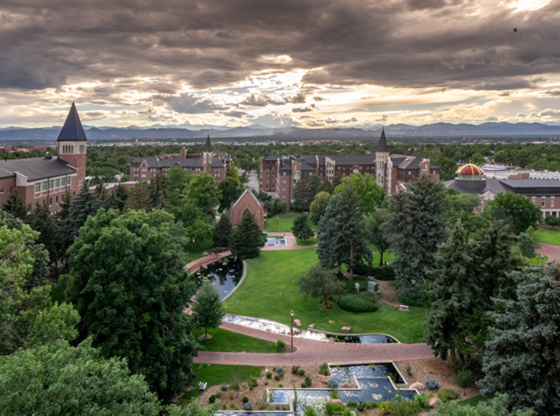The debate on the 3rd will be more than exciting for members of the DU community, informative and interesting for those watching it on TV from around the globe. For the candidates, it is a chance to make stances clear, but it just won’t be able to persuade Americans toward one candidate or the other.
This begs the question: what’s the point of a debate?
Some might say it is to decide which side is best at thinking on their feet, or whose ideas are better. Some say it’s to persuade the audience and make some sort of a change. And yet, it is very unlikely that the upcoming presidential debate on the 3rd will shift the election at all.
Presidential debates are becoming more of a formality than events that truly turn the tides on the election. As exciting and informative as they are, over the years these debates have lost most of their elements of persuasion and change.
In the recent past, there have only been two debates that have significantly shifted the course of the election. The first was in 1960 with Richard Nixon debating John F. Kennedy.
At the time of the debate, Nixon was just recovering from an injury, was nearly 20 pounds underweight and very sickly looking. Kennedy however, looked young, fit and tan. Even though most people listening on the radio said Nixon won, the vast majority watching on TV claimed Kennedy won. The election turned out to be a close one, and Kennedy won by a narrow margin meaning the debate could have easily swayed the outcome.
The second was in 1980 with incumbent Jimmy Carter running against Ronald Reagan. When Carter found out that third party candidate Joe Anderson would be invited to participate in the first debate, he refused to follow through with it. Reagan ended up winning a landslide victory, which could be partially attributed to the debate.
These were special circumstances when something specific and unusual about the debate caused a real shift in popular opinion.
Most debates have shifted opinions very minimally, making it hard to say that they made any impact at all on the result of the election.
In the 2008 election, the debate between McCain and Obama was fairly split; nothing peculiar or shocking happened and the polls didn’t shift much. The majority did say that Obama won, but the majority of debate viewers were democrats, skewing the results. The close election that followed was hardly affected by the debates.
In terms of the way the candidates look and speak, this October’s debate will be even more equal than in 2008. Obama, who is 51, and Romney, who is 65, both look fairly young and fit; they are apt public speakers. Visually, the debate won’t be any different than what the public has seen in ads and speeches already.
Even the debate’s content won’t sway viewers much.
According to the Denver post, during the last two presidential elections, less than 25 percent of the population watched the first debate, so the most the debate could possibly sway public opinion is by about 25 percent.
But clearly that won’t happen. The people who choose to watch the debate are the most politically inclined, and therefore most likely to have already made their decision. The debate will only sway the very few who are still in between. But chances are, if you don’t care much about politics before the debate, you won’t care after the debate either.
In reality, it’s the economy that determines who wins the election, not the debates. People ask themselves “am I better off now than four years ago?”
If the answer is yes, they’ll vote for the incumbent, if not, the opposite party. Often times what the candidate has planned for the years to come is completely ignored.
The debate is still an important event that must happen each election year if not just for tradition’s sake, than for the sake of those few independents still looking for answers.
The debate does put the candidates to the test, and even though most of the time their responses don’t affect the outcome, they are still crucial to a fair election.











